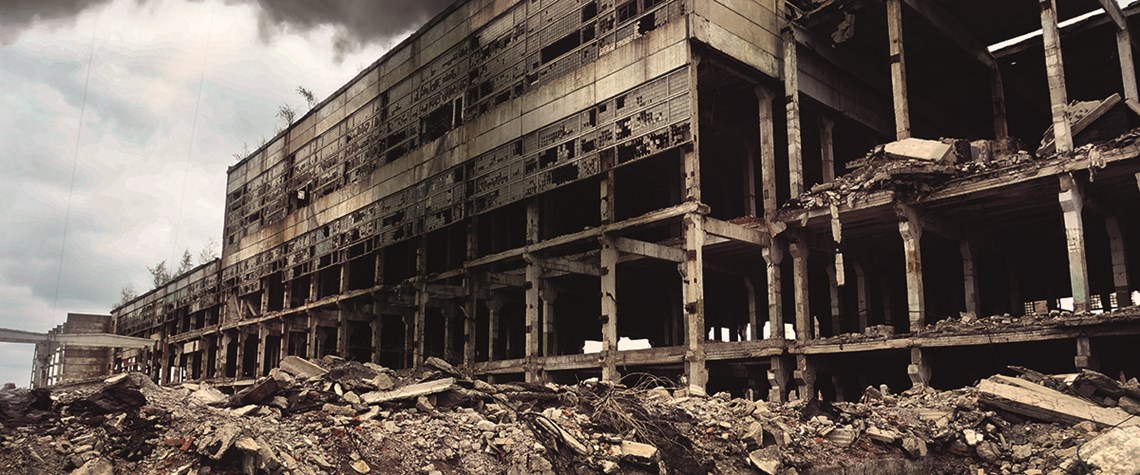Middle East's elusive olive branch
While diplomatic efforts to end conflicts may intensify, success will be in short supply
In 2018, most of the Middle East's conflicts look set to continue, and new ones could arise. The region is still undergoing a period of profound transformation, of which the 2011 Arab uprisings were a manifestation and a catalyst rather than a cause. The multiple civil wars now underway originated in a breakdown of state authority and legitimacy over frustrated economic expectations, anger at injustice and brutality, and poor leadership. Efforts to rebuild or redraw states, map out new nationalisms and identities, and find new economic models are all long-term projects with uncertain prospects for success. As such, complex conflicts will remain a feature of the region for years to come. But

Also in this section
4 March 2026
The US president has repeatedly promised to lower gasoline prices, but this ambition conflicts with his parallel aim to increase drilling and could be upended by his war against Iran
4 March 2026
With the Strait of Hormuz effectively closed following US-Israel strikes and Iran’s retaliatory escalation, Fujairah has become the region’s critical pressure release valve—and is now under serious threat
3 March 2026
The killing of Iran’s Supreme Leader Ayatollah Khamenei in US–Israeli strikes marks the most serious escalation in the region in decades and a bigger potential threat to the oil market than the start of the Russia-Ukraine crisis
2 March 2026
A potential blockade of the Strait of Hormuz following the escalating US-Iran conflict risks disrupting Qatari LNG exports that underpin global gas markets, exposing Asia and other markets to sharp price spikes, cargo shortages and renewed reliance on dirtier fuels







